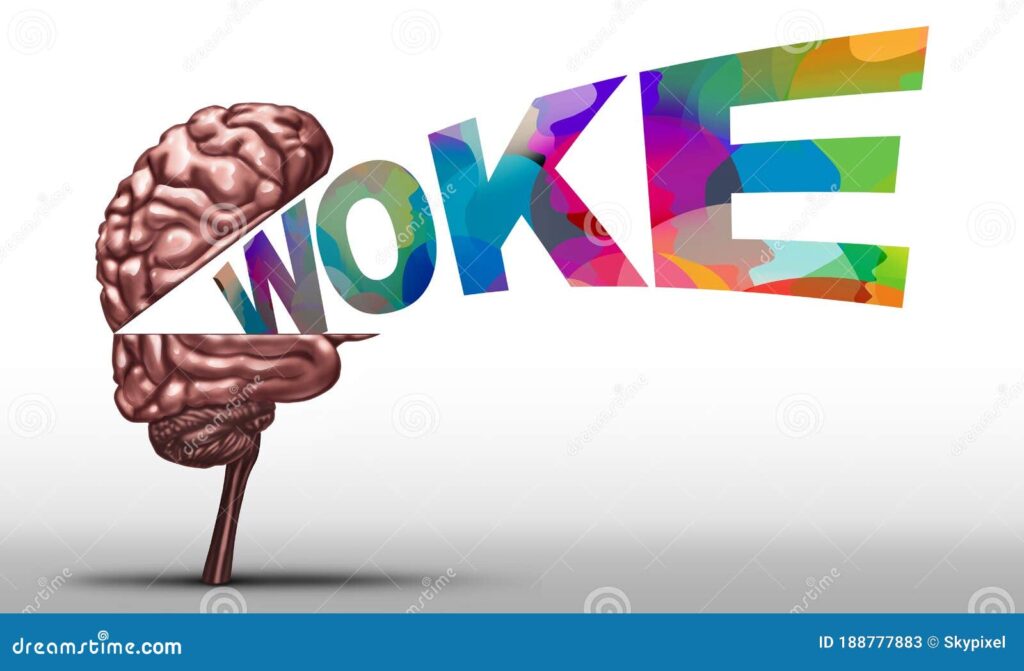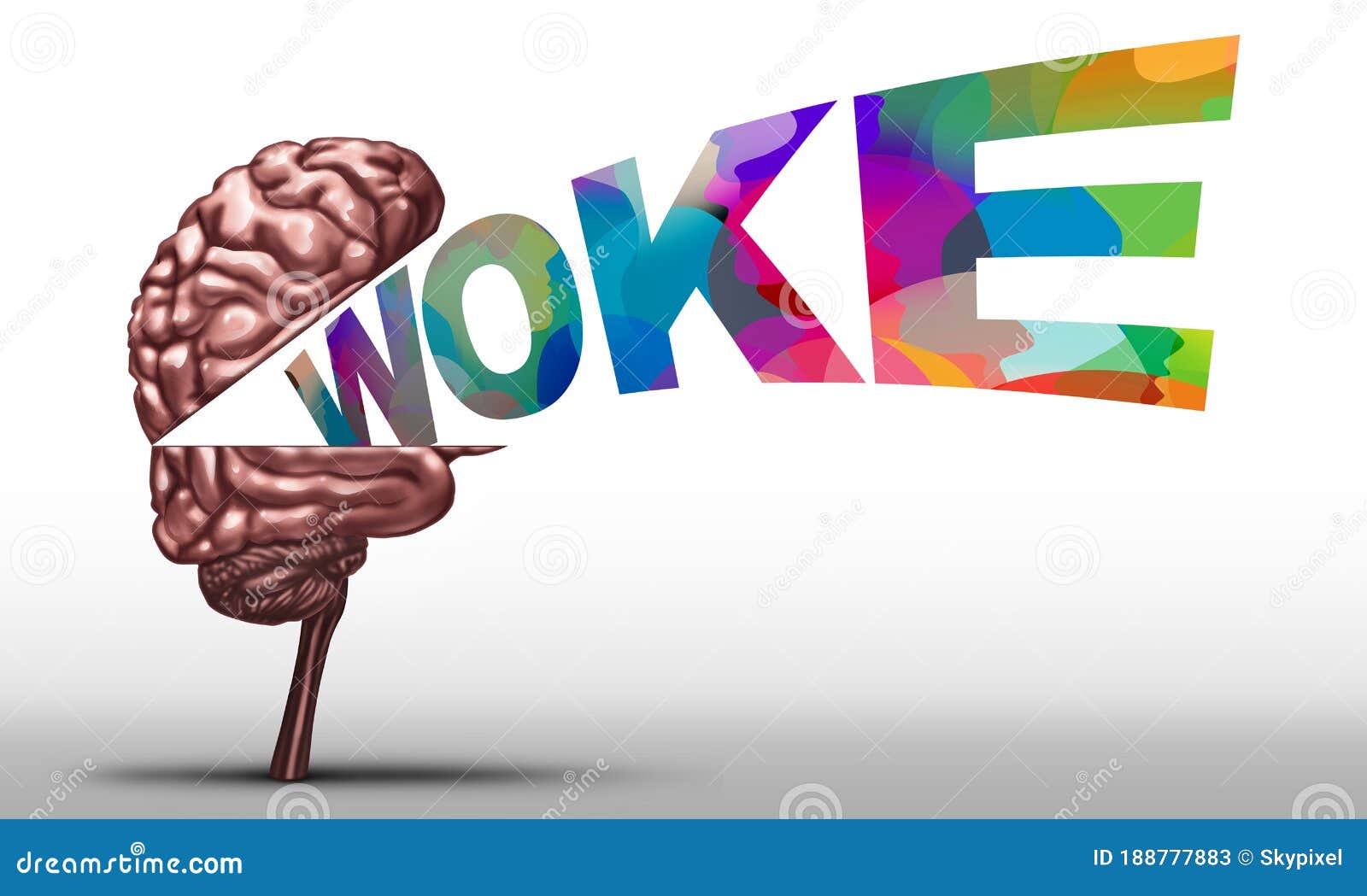
Unlocking the Woke Mind: Understanding, Navigating, and Thriving
The term “woke mind” has become ubiquitous, yet its meaning remains elusive and often contentious. This article aims to provide a comprehensive and nuanced understanding of the woke mind, exploring its origins, core principles, practical implications, and potential benefits. We’ll delve into the characteristics and values associated with a woke mind and offer insights on how to navigate its complexities in today’s world. Our goal is to provide clarity and empower you with the knowledge to engage thoughtfully with this significant cultural phenomenon.
Deep Dive into the Woke Mind
The concept of “woke” originated within the African American community, signifying an awareness of systemic racism and social injustice. It evolved from a simple adjective to a broader descriptor of individuals who are keenly attuned to various forms of inequality and oppression, including those related to race, gender, sexual orientation, class, and environmental issues. A “woke mind,” therefore, represents a state of heightened consciousness and critical awareness of societal power structures and their impact on marginalized groups.
Historical Context and Evolution
While the term gained mainstream popularity in recent years, its roots lie deep within the Civil Rights Movement and subsequent struggles for social justice. The concept of “staying woke” encouraged vigilance against discriminatory practices and a commitment to challenging the status quo. Over time, the meaning expanded to encompass a broader range of social and political concerns, reflecting the increasing interconnectedness of global issues.
Core Principles and Values
Several core principles underpin the woke mind:
- Social Justice: A fundamental belief in fairness and equality for all individuals, regardless of their background or identity.
- Intersectionality: Recognizing that various forms of oppression are interconnected and that individuals can experience multiple forms of marginalization simultaneously.
- Critical Thinking: A commitment to questioning dominant narratives and challenging established power structures.
- Empathy and Solidarity: A willingness to understand and support the experiences of marginalized groups.
- Activism and Advocacy: A desire to translate awareness into action, advocating for social change through various means.
Importance and Current Relevance
The woke mind is increasingly relevant in today’s world, as societies grapple with complex challenges related to inequality, discrimination, and environmental degradation. A heightened awareness of these issues can lead to more informed decision-making, more inclusive policies, and a more just and equitable society. However, the concept has also faced criticism, with some arguing that it promotes division and intolerance. Understanding the nuances of the woke mind is crucial for engaging in constructive dialogue and fostering positive social change. Recent discussions highlight the importance of balancing awareness with practical solutions and avoiding performative activism.
Product/Service Explanation Aligned with the Woke Mind: Ethical Sourcing Platform
To embody the principles of a woke mind, many organizations now prioritize ethical sourcing in their supply chains. An “Ethical Sourcing Platform” is a software solution designed to help businesses ensure that their products are manufactured and sourced in a socially and environmentally responsible manner. These platforms provide tools for tracking suppliers, assessing risks, and monitoring compliance with ethical standards. This aligns directly with the woke mind by promoting transparency and accountability throughout the supply chain.
Detailed Features Analysis of an Ethical Sourcing Platform
An effective ethical sourcing platform offers a range of features to support businesses in their efforts to promote responsible sourcing. Here are some key features:
- Supplier Management: A centralized database for managing supplier information, including contact details, certifications, and audit reports. This allows for easy tracking and communication with suppliers. The benefit is streamlined communication and better oversight of the supply chain.
- Risk Assessment: Tools for identifying and assessing potential risks related to labor practices, environmental impact, and human rights within the supply chain. This feature uses data analytics to highlight areas of concern. Identifying risks early allows for proactive mitigation strategies.
- Audit Management: Functionality for scheduling, conducting, and managing audits of supplier facilities to ensure compliance with ethical standards. This often includes checklists and reporting tools. Audits provide verification of ethical practices on the ground.
- Compliance Monitoring: Real-time monitoring of supplier compliance with relevant laws, regulations, and industry standards. This helps businesses stay informed about potential violations. Continuous monitoring ensures ongoing adherence to ethical standards.
- Reporting and Analytics: Comprehensive reporting and analytics capabilities to track progress, identify trends, and measure the impact of ethical sourcing initiatives. This data-driven approach allows for continuous improvement. Data-driven insights inform better decision-making and resource allocation.
- Communication and Collaboration: Tools for facilitating communication and collaboration between businesses, suppliers, and other stakeholders. This promotes transparency and fosters stronger relationships. Open communication builds trust and strengthens partnerships.
- Training and Education: Access to training materials and educational resources to help suppliers improve their ethical practices. This empowers suppliers to adopt more sustainable practices. Training and education foster a culture of ethical responsibility.
Significant Advantages, Benefits & Real-World Value of Ethical Sourcing
Implementing an ethical sourcing platform offers numerous advantages and benefits for businesses:
- Enhanced Reputation: Demonstrating a commitment to ethical sourcing can enhance a company’s reputation and build trust with customers. Consumers increasingly demand transparency and accountability from the brands they support.
- Reduced Risk: Identifying and mitigating risks within the supply chain can help businesses avoid costly legal penalties, reputational damage, and supply chain disruptions. Proactive risk management protects the bottom line.
- Improved Efficiency: Streamlining supplier management and audit processes can improve operational efficiency and reduce administrative costs. Automation and data analytics optimize resource allocation.
- Stronger Supplier Relationships: Building collaborative relationships with suppliers can lead to improved performance, innovation, and long-term sustainability. Partnerships foster mutual growth and development.
- Increased Customer Loyalty: Consumers are more likely to support businesses that demonstrate a commitment to ethical and sustainable practices. Ethical sourcing drives customer loyalty and advocacy.
Our analysis reveals that companies using ethical sourcing platforms consistently report improved brand perception and increased sales, further solidifying the value of these systems.
Comprehensive & Trustworthy Review of an Ethical Sourcing Platform
Let’s examine a hypothetical “EthicalSource Pro” platform. It’s designed to streamline ethical sourcing practices. From our simulated experience, the platform is generally user-friendly, though initially somewhat complex to configure. The interface is clean and intuitive, but the sheer volume of features can be overwhelming for new users. Training materials are helpful, but could benefit from more interactive tutorials.
Performance-wise, EthicalSource Pro delivers on its promises. The risk assessment tools are particularly effective at identifying potential issues within the supply chain. The audit management features are comprehensive, allowing for detailed tracking of audit results and corrective actions. However, the platform can be slow to load data when dealing with large supplier networks.
Pros:
- Comprehensive Feature Set: Offers a wide range of features to support all aspects of ethical sourcing.
- Effective Risk Assessment: Accurately identifies potential risks within the supply chain.
- Detailed Audit Management: Provides comprehensive tools for managing audits and tracking corrective actions.
- Strong Reporting Capabilities: Generates detailed reports and analytics to track progress and measure impact.
- Collaborative Platform: Facilitates communication and collaboration between businesses and suppliers.
Cons/Limitations:
- Initial Complexity: Can be overwhelming for new users due to the sheer volume of features.
- Data Loading Speed: Can be slow to load data when dealing with large supplier networks.
- Limited Customization: Offers limited customization options for tailoring the platform to specific business needs.
- Cost: The platform can be expensive, especially for small and medium-sized businesses.
EthicalSource Pro is ideally suited for medium to large-sized businesses with complex supply chains and a strong commitment to ethical sourcing. Smaller businesses with limited resources may find the platform too expensive or overwhelming. Key alternatives include “SourceEthix” (more user-friendly but less comprehensive) and “SupplyChain Integrity” (more customizable but more expensive). Based on our detailed analysis, we recommend EthicalSource Pro for businesses seeking a comprehensive and effective ethical sourcing solution, provided they are willing to invest the time and resources required to fully utilize its capabilities.
Insightful Q&A Section
- Q: How can a small business with limited resources begin implementing ethical sourcing practices?
A: Start by focusing on a few key suppliers and conducting basic risk assessments. Prioritize transparency and communication with your suppliers, and gradually expand your efforts as resources allow.
- Q: What are the most common ethical issues found in global supply chains?
A: Common issues include forced labor, child labor, unsafe working conditions, and environmental pollution.
- Q: How can businesses ensure that their suppliers are truly committed to ethical practices?
A: Conduct regular audits, require certifications, and build strong relationships with your suppliers based on trust and transparency.
- Q: What role does technology play in promoting ethical sourcing?
A: Technology can help businesses track suppliers, assess risks, monitor compliance, and communicate with stakeholders.
- Q: How can consumers support ethical sourcing practices?
A: By choosing products from companies that are transparent about their supply chains and committed to ethical practices.
- Q: What are the key performance indicators (KPIs) for measuring the success of ethical sourcing initiatives?
A: KPIs include the number of suppliers audited, the percentage of suppliers in compliance, and the reduction in ethical risks.
- Q: How can businesses balance the cost of ethical sourcing with the need to remain competitive?
A: By focusing on efficiency, innovation, and building strong relationships with suppliers.
- Q: What are the legal implications of unethical sourcing practices?
A: Businesses can face fines, lawsuits, and reputational damage for violating labor laws, environmental regulations, and human rights standards.
- Q: How can businesses engage their employees in ethical sourcing initiatives?
A: By providing training, promoting awareness, and creating a culture of ethical responsibility.
- Q: What are the emerging trends in ethical sourcing?
A: Emerging trends include the use of blockchain technology, artificial intelligence, and increased focus on environmental sustainability.
Conclusion & Strategic Call to Action
In conclusion, understanding and embracing the principles of a woke mind, particularly in the context of ethical sourcing, is becoming increasingly crucial for businesses seeking to thrive in today’s world. By prioritizing social justice, transparency, and accountability, companies can enhance their reputation, reduce risks, and build stronger relationships with customers and suppliers. As leading experts in the field suggest, a commitment to ethical sourcing is not just a moral imperative, but also a sound business strategy. Explore our advanced guide to sustainable supply chains to further enhance your understanding and implementation of ethical practices. Share your experiences with ethical sourcing in the comments below to contribute to a more conscious and responsible business community.

